Iran hits back at Persian Gulf states over ‘destructive’ GCC statement
Iran has reacted strongly to a markedly-hostile statement made by Persian Gulf Arab states, calling on them to abandon their “destructive” approach towards the Islamic Republic and the entire region.
The Persian Gulf Cooperation Council (GCC) released the statement in Saudi Arabia’s capital Riyadh on Tuesday at the end of its 40th summit, urging a united front against the Islamic Republic, calling for global action targeting the country’s nuclear energy program, and disputing the Iranian sovereignty over a threesome group of islands in the strategic Strait of Hormuz.
Foreign Ministry Spokesman Abbas Mousavi said many of the “vain and rehashed” accusations featured in the communique do not even warrant a response, the Ministry reported on Wednesday.
He called on the six-member body to reverse course and choose cooperation “instead of [making] such provocative comments, which will lead to nothing other than sustaining the current ruinous [regional] trend and driving the region towards an unforeseeable future.”
The littoral states’ adversarial attitude only represents blatant support for the United States’ campaign of economic terrorism targeting the Iranian nation, Mousavi added.
The US launched the campaign after Donald Trump’s 2016 inauguration as president to ramp up its pressure on Iran. Ever since, Washington has left a multi-lateral nuclear agreement with Iran and re-imposed nuclear-related sanctions against Tehran.
Washington has also been cooperating closely with some of the littoral states to mount as much regional and international strain on the Islamic Republic by demonizing the country and its activities.
The GCC statement also found fault with Iran’s decision this May to react to the US’s withdrawal and the re-imposition of the sanctions by scaling back some of its commitments under the nuclear agreement.
Mousavi said Iran has come under criticism over its nuclear countermeasures by some of the Persian Gulf states, which invested all they could to sabotage the nuclear deal. He also said backing Washington against Tehran ran counter to the policy of good-neighborliness.
The raft of baseless claims, he stated, have made their way into the communique under pressure from a few of the regional council’s members, which had expended all their efforts to prevent development of multilateral cooperation in the region.
The “short-sightedness” has not only led to the plundering of the region’s wealth, but also created or fortified terrorist and Takfiri outfits and paved the way for further foreign intervention there, Mousavi said.
The spokesperson cited the cases of Syria, Iraq, and Yemen, which had been flooded with foreign-backed terror outfits, and come under direct or indirect foreign intervention.
By playing the blame game, however, these littoral states are trying to escape the repercussions of their actions and prosecution at international tribunals for their “blatant human rights violations and war crimes,” he said.
The Islamic Republic, however, has chosen to act responsibility, Mousavi said, citing the country’s past proposals for a regional non-aggression pact, a regional dialog platform, and a regional conciliatory mechanism, dubbed the Hormuz Peace Initiative.
The official insisted that the Persian Gulf islands of Abu Musa, the Greater Tunb, and the Lesser Tunb were an integral part of the country’s territory.
Tehran treats any foreign claim over the islands as an instance of intervention in its domestic affairs and sovereign territory, he stated.
VIDEO | IAEA adopts anti-Iran resolution tabled by E3
VIDEO | Iran's president urges Pope to help end Israel's onslaught in Gaza
Iran's senior legal official: ICC arrest warrant for Netanyahu ‘great victory'
Nov. 21: ‘Axis of Resistance’ operations against Israeli occupation
VIDEO | Israeli forces storm West Bank’s Jenin again, target civilians
Iran activates advanced centrifuges after IAEA's 'unjust' resolution
VIDEO | Press TV's news headlines
Iran FM: Response to Israeli aggression 'inevitable'


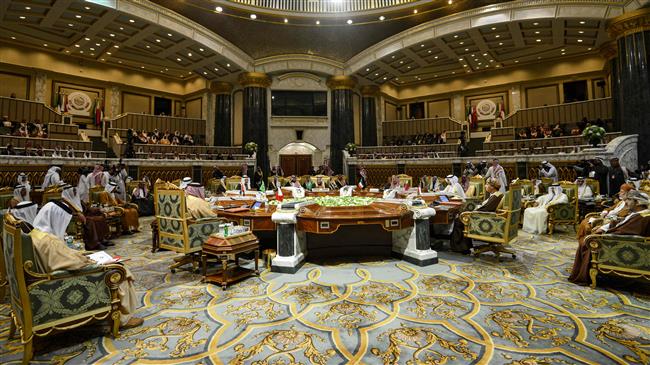

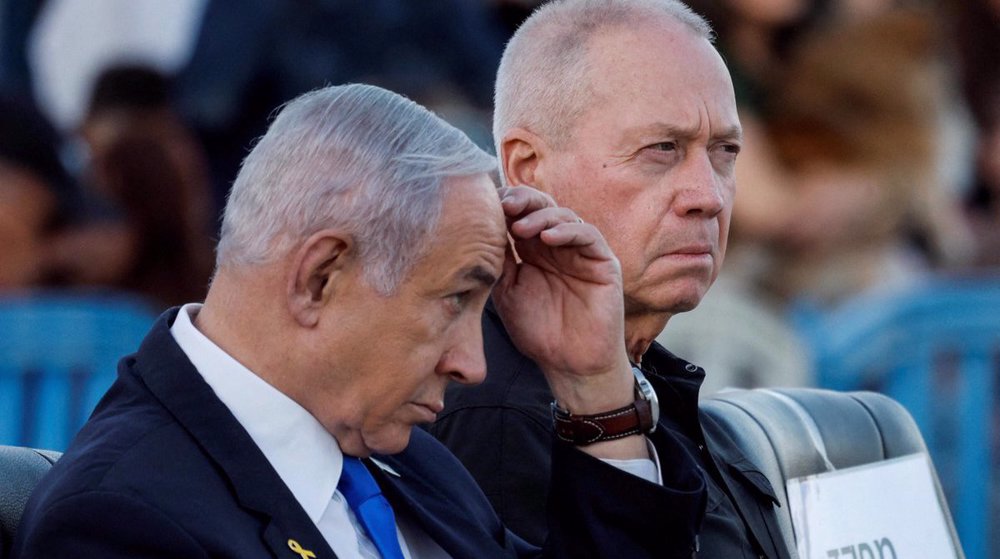
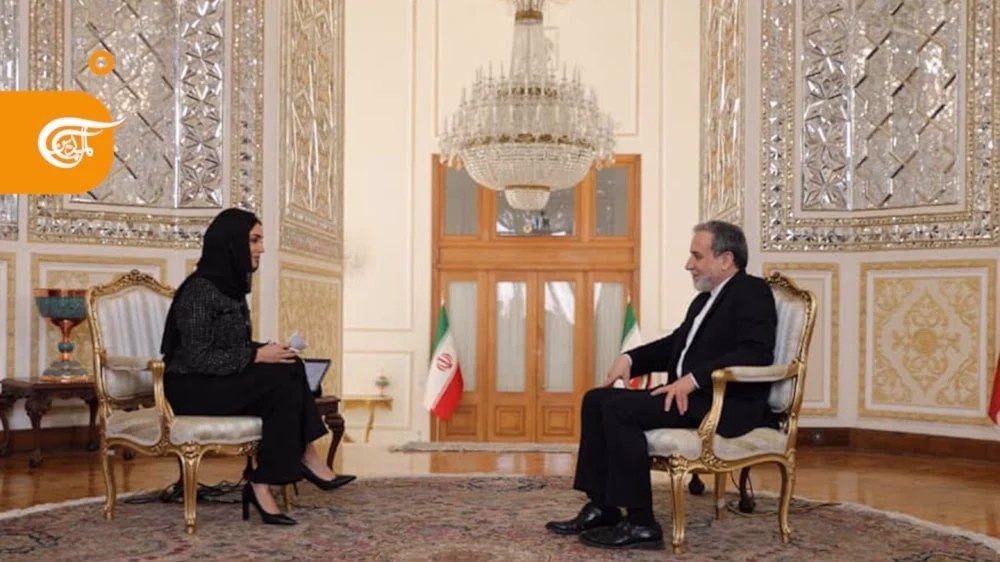
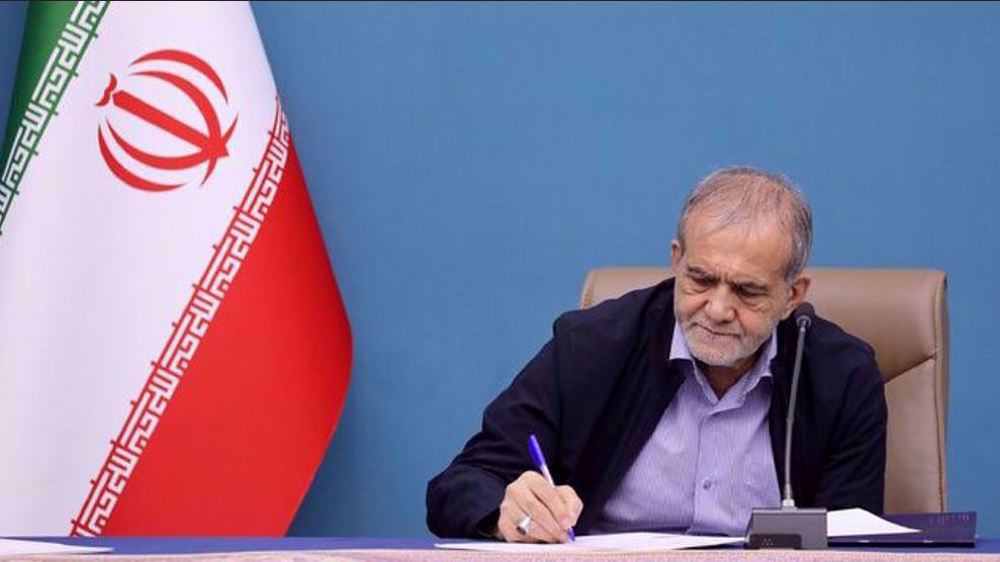




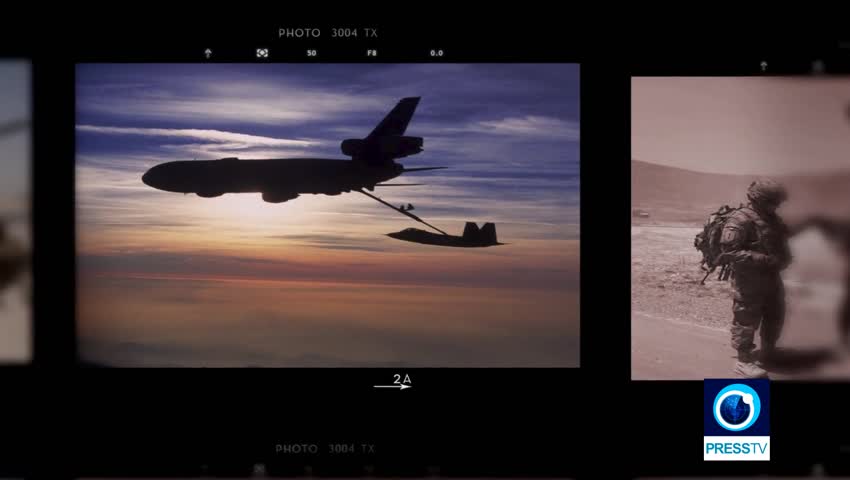


 This makes it easy to access the Press TV website
This makes it easy to access the Press TV website